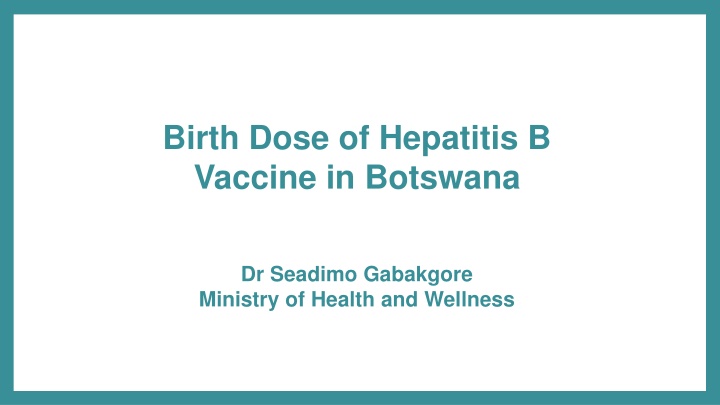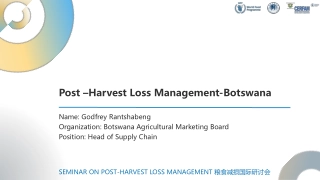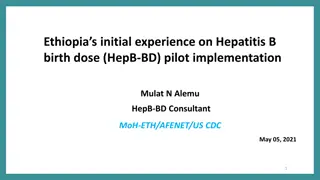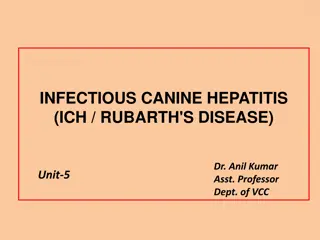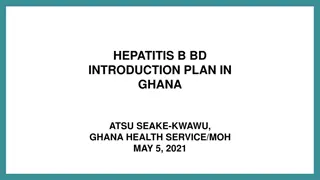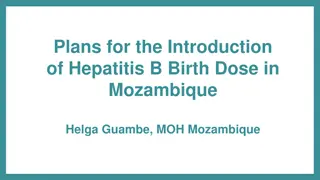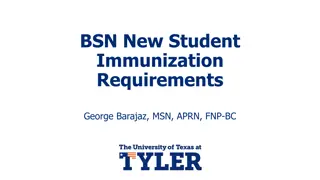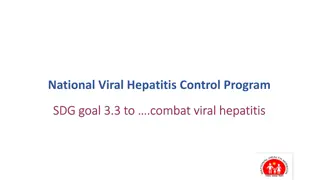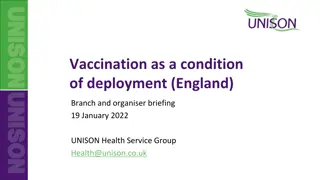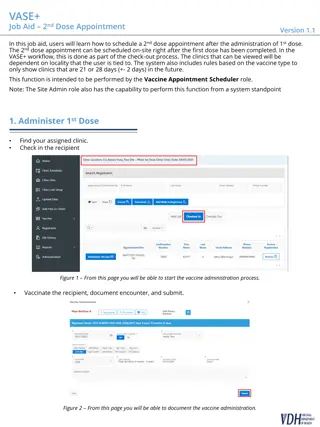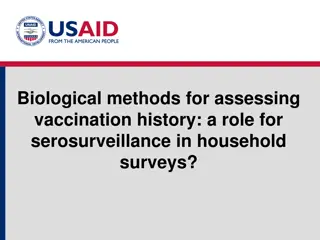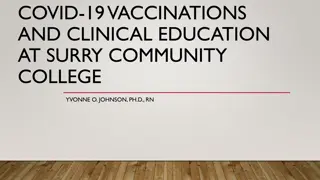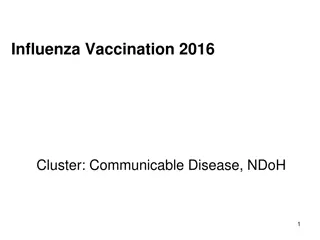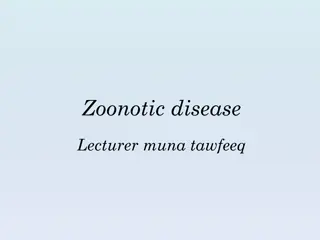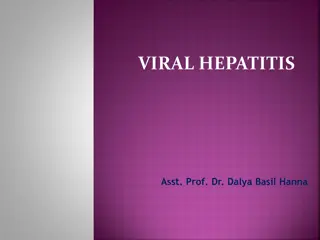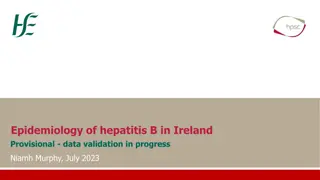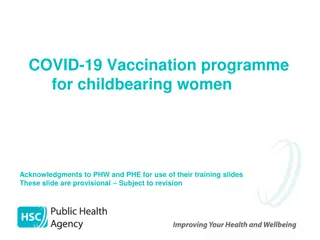Improving Hepatitis B Birth Dose Vaccination in Botswana
Hepatitis B vaccination coverage in Botswana faces challenges like poor documentation and premature infants not receiving the birth dose. Opportunities for improvement include enhancing data collection, evaluating the immunization program, and strengthening perinatal committees for quality care.
Download Presentation

Please find below an Image/Link to download the presentation.
The content on the website is provided AS IS for your information and personal use only. It may not be sold, licensed, or shared on other websites without obtaining consent from the author.If you encounter any issues during the download, it is possible that the publisher has removed the file from their server.
You are allowed to download the files provided on this website for personal or commercial use, subject to the condition that they are used lawfully. All files are the property of their respective owners.
The content on the website is provided AS IS for your information and personal use only. It may not be sold, licensed, or shared on other websites without obtaining consent from the author.
E N D
Presentation Transcript
Birth Dose of Hepatitis B Vaccine in Botswana Dr Seadimo Gabakgore Ministry of Health and Wellness
Background Number of live births per year: 52,306 In hospital births: 99.8% (N=52,206 live births) (Stats brief 2019) HBsAg prevalence in an adult HIV center population, Gaborone: 5.3% (Patel et al, 2011) HBsAg prevalence from research, no routine data for prevalence survey done at National Health Lab . Estimated prevalence of HBsAg in the general population: Only HIV+ population 10.6 Wester et al 2006) Estimated prevalence of HBsAg among pregnant women: 2.1% (2018, Mbangiwa et al) Samples show 1.1% HIV negative 3.1%HIV positive Estimated prevalence of HBsAg among children <5 years (<18months 0.67% draft publication Botswana Harvard Partnership) BCG also given at birth and also provide vitamin K 2019 coverage: HepB3 (pentavalent vaccine): 78.8% HepB-BD: 73.8%
Hepatitis B Screening and Prevention Policy No policy on HBV PMTCT No HBsAg screening during pregnancy Syphilis , gonorrhea and HIV tested at first, second and third ANC visits Treatment guidelines for HBV infected pregnant women have not been included in the current safe motherhood guidelines 4th Edition 2010, and there is a hope that with reprinting management of HBV can be included.
HepB BD Introduction and Coverage Improvement The EPI programme was established in 1979, before then, vaccination was sporadic A baseline survey 1989 by EPI programme and international partners revealed a HBsAg prevalence of 12% No evidence of NITAG involvement but recommendation to introduce HepB-BD were made in 1992 and vaccination piloting started in 1993 Program costs covered by government (100%) Private sector gets free vaccines from government and charge for administration Almost all deliveries occur in health facilities
Challenges Facing The Hepatitis B Birth Dose Programme Poor documentation for vaccination Premature, sick babies offered HepB-BD vaccine on discharge.
Opportunities For Hepatitis B Birth Dose Coverage Improvement Strengthen collection of data on hepatitis B prevalence Evaluate HepB-BD immunization programme Improve coordination and implementation of birth interventions at programme and planning level at national level Strengthen perinatal committees in hospital and facilities for quality care Include hepatitis screening for couples at ANC and strengthen ANC surveillance systems for STIs (hepatitis, HIV and Syphillis)
Opportunities For Hepatitis B Birth Dose Coverage Improvement Training midwives on integrated EPI and MCH Publish data from studies conducted (University of Antwerp Vaccine and Infectious Disease Institute( 2008)) Funding availability (need to sustain government funding) Get funding to print new MCH guidelines and get TA for updating guidelines Additional resources needed especially human resources need for triple elimination Provision of transport to strengthen domiciliary and have assigned focal persons such community midwives
Contributors Ms Jessica Mafa-Setswalo Maternal and Newborn Programme Coordinator Mr Thusoetsile Modise M&E Sexual and Reproductive Health Ms Marina Seobakeng-EPI Manager Ms Zanele Busang Early Child Hood Development Focal Point Ms Eldah Dintwa-Prevention of Mother to Child Transmission of HIV Programme Manager,
